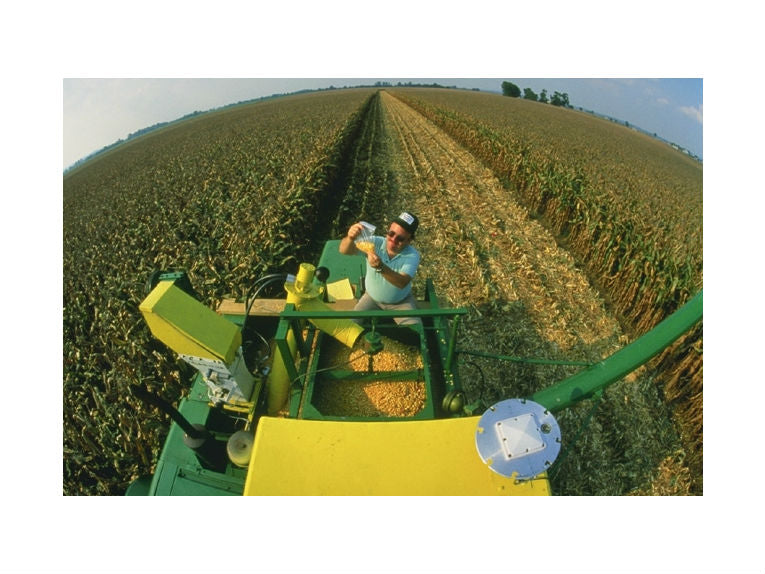The Crop Science Society of America (CSSA) warns in its latest statement that global warming and the expected increase in extreme weather means that feeding the estimated 9 billion population of the planet in 2050 will be 'exceedingly difficult'. The CSSA is calling for action to adapt to changing conditions quickly.
The CSSA says extreme weather events, such as Australia's decade-long drought followed by appalling floods, are already hitting agricultural yields. Australian farmers are believed to have lost around $6 billion to their extreme weather.
"Thanks to the many participating scientists for developing a strong vision of the capacity, value, and role for CSSA in meeting the challenges of climate change through crop adaptation," says Texas A&M University soil and crop scientist David Baltensperger, who is the CSSA's Science Policy Committee chair. "Their efforts represent a framework from which to make funding decisions on long-term investments to secure our food supply in the face of climate change."
According to the CSSA, drought will affect production from more than half of the planet's arable land within the next half-century and there is an urgent need to develop crop species and agricultural systems which can make the best use of scarce water.
Temperature rises already mean that the southern states of the United States of America are too warm to optimise grain production. Warmer winters also mean that pests and diseases are surviving more easily.
However, while the world is learning to worry about increased CO2 levels in the atmosphere, the gas is vital to plants and will, in fact, cause some increases in productivity. Ozone is less good news, and the increasingly common greenhouse gas already causes up to 10% yield loss in what and soybean crops.
The changes in the Earth's climate are happening at an unprecedented speed and the CSSA wants governments and researchers to act quickly to produce agriculture which can thrive in a warmer world.
Top Image Credit: Crop Science Society of America










